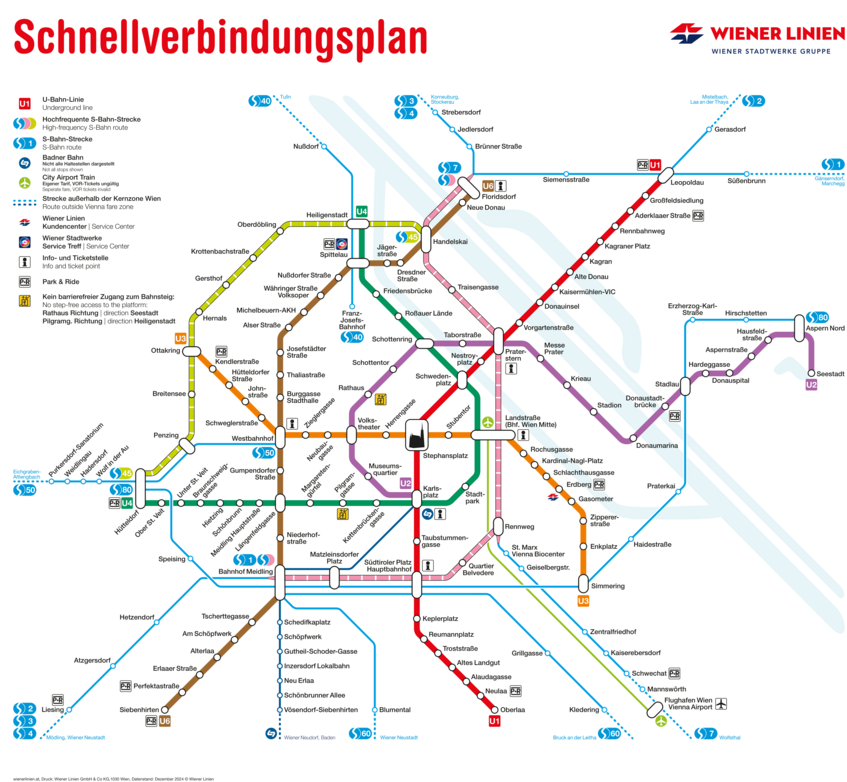Information for online and on-site participants
Online participants
Zoom registration before the course
Lectures, but not other activities, will be held in a hybrid format via Zoom. To participate online, please register to receive a Zoom access valid for all lectures.
After registering, you will receive a confirmation email with details on how to join the sessions.
During the course
During the lectures, please keep your camera turned off and your microphone muted at all times. If you have questions, feel free to type them into the Zoom chat. Each lecture will have a designated chat moderator. During the Q&A session at the end of each lecture, the moderator will invite online participants to pose their questions directly to the lecturer.
Troubleshooting
If you have any questions related to Zoom or encounter technical issues during the online sessions, please contact Diana Széliová. If the issue might affect other participants as well, we kindly ask you to report it in the Zoom chat.
Practical work sessions
The computer exercises sessions cannot be attended online. The sessions are based on juypter notebooks, which can be obtained here.
Evaluation after the course
Please take a moment to complete the course evaluation. Your feedback on both the individual lectures and the course as a whole is highly appreciated.
On-site participants

When visiting Vienna, at the Zentralfriedhof, among composers such as Beethoven, Brahms, Mozart, Schönberg, and Schubert, you can find the grave of Ludwig Boltzmann, one of the founders of statistical physics. © Forum Economic principles in cell physiology
On-site participants
Wi-Fi access
eduroam is available on site. If you already have it configured, it should connect automatically. If not, please set it up after your arrival using your University of Vienna login credentials.
Posters
On-site participants are invited to bring posters about their own research. The poster session takes place on Wednesday, July 23.
During the course
If you do not wish to appear in photos that may be published on the web, please let us know in advance or at the beginning of the course.
Laptops
Practical work: please bring your laptop and make sure you can log in to moodle.univie.ac.at. We will use this platform to access the Jupyter servers for the exercises. There is no need to install anything -- everything runs in the browser.
Credit points
As a registered external student, you get access to the official transcript of records.
Feedback after the course
We kindly ask you to share your feedback about the course. Feedback on individual lectures can be submitted directly after each session via an online form.
In addition, we would appreciate your feedback on the course as a whole. The form also allows you to suggest improvements and ideas for possible extensions of the book.
Public transport in Vienna
Public transport in Vienna
Vienna has an excellent public transport system including subways, trams, and buses. Tickets and travel cards and special visitor cards are available:
- At ticket machines in subway stations
- Online
- WienMobil app (also useful for route planning)
- At the airport and most hotels (e.g., Vienna Card)
More information: Wiener Linien – Public Transport
General information
How can a cell maintain itself as a living being? Living cells, shaped by billions of years of evolution, have developed many ways to adapt to their environment, e.g., by regulation of gene expression. But the rules of physics and chemistry enforce certain boundaries on what cells can achieve and how they can allocate their own resources. Our goal is to uncover some of these governing principles.
Shaped by evolution, cells "do certain things right", and computational models of cells often assume that this "doing something right" can be described by evoking optimality principles. While biological optimality is often contested for good reasons, theories based on economic principles can explain many observations (about cell growth or the usage of cellular resources) much better than purely mechanistic models.
Methods such as Flux Balance Analysis are well established, but the idea of resource allocation is gaining ground, and metaphors like "currency metabolites" or "energy budget" are common in cell biology, optimality principles are often applied ad hoc, and a coherent picture - in which many single observations or models would have their place - is still missing.
In this 4-day summer school we give an overview of established approaches to "cellular economics", from descriptions of simple metabolic systems to cell growth and dynamic behavior. The course is based on chapters of a textbook that we are writing as a community project.
Course materials
Lecture notes and slides will be made available on the Forum Economic Principles in Cell Physiology website after the completion of the univie: summer school Economic Principles in Cell Biology.
Textbook
The course is based on a collaborative open-access textbook on economic principles in cellular physiology. For details about the book project and access to the current release (July 2025), please visit our book project page.
If you would like to join us in writing the book, please get in touch with wolfram.liebermeister@gmail.com.
Monthly zoom seminar and young scholars group
If you are interested in the topic of the book and the course, you might also want to join the Forum Economic Principles in Cell Physiology, which organizes regular online seminars. The forum offers a dedicated Slack workspace for young scholars, including monthly meetings. Here you can participate in and contribute to the forum and the young scholars activities.
Related links
- Information for participants (PDF)
- Registration
- Zoom registration for online participants
- Wi-Fi of the University of Vienna: eduroam
- Feedback on the lectures
- Feedback on the course
- Forum Economic Principles in Cell Physiology: Economic Principles in Cell Biology project website
- Economic Principles in Cell Biology: Hands-on exercises in Jupyter notebooks
- Economic Principles in Cell Biology: A collaborative open-access textbook

